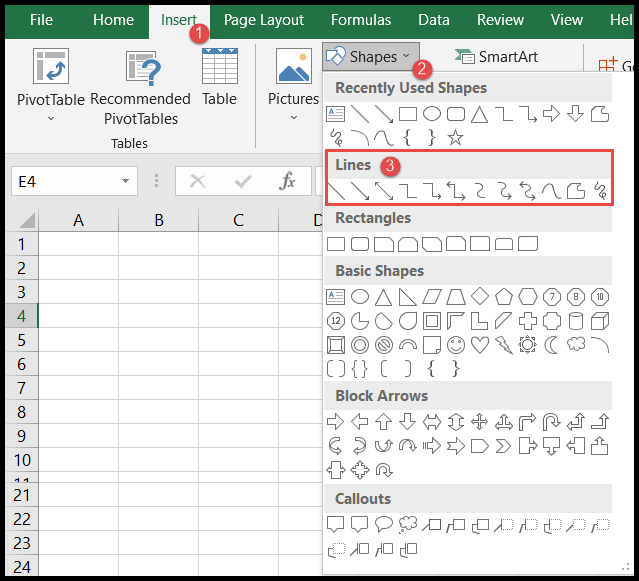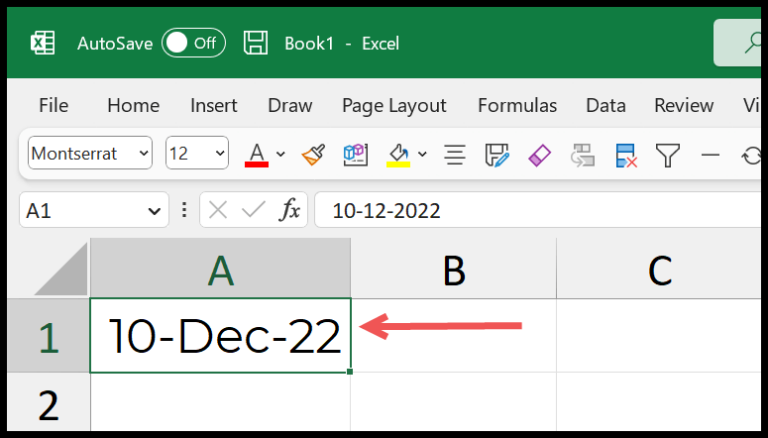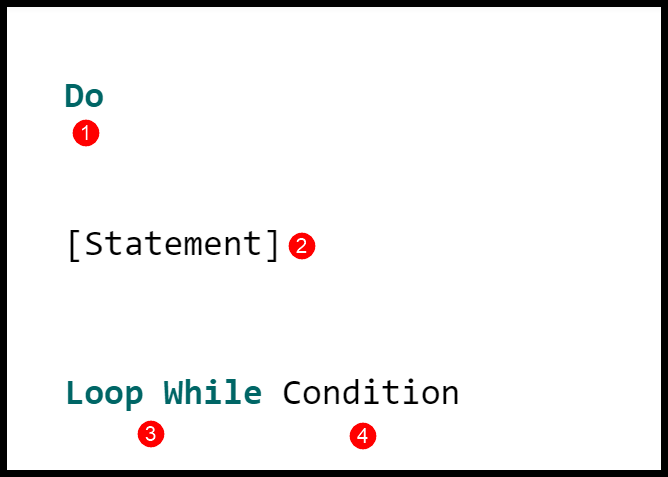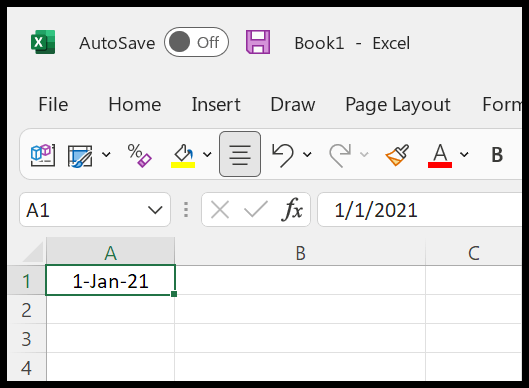In the fast-paced world of software as a service (SaaS), finding the right sales talent is crucial for a company’s growth and success. With the unique challenges and high stakes involved in SaaS sales, companies often seek specialized recruiters to secure top talent. These recruiters not only understand the nuances of the SaaS industry but also possess the network and expertise to identify sales professionals who can drive revenue and adapt to the dynamic nature of the SaaS market.
Recruitment agencies dedicated to SaaS focus on filling various positions, from individual contributors to executive leaders. They offer services tailored to the different stages of a company’s growth, ensuring the recruitment strategy aligns with the current needs of the business. For startups and high-growth companies, this might mean building a robust sales team capable of executing an aggressive go-to-market strategy. For more established enterprises, the emphasis might be on strategic hires that can navigate the complexities of scaling operations and sustaining growth.
These recruitment firms often operate with a deep understanding of the SaaS sales cycle, customer success metrics, and the importance of a skilled sales force in achieving a company’s objectives. Whether it’s sourcing candidates for a Chief Revenue Officer or a Sales Development Representative, these recruiters employ a variety of techniques and tools to connect companies with candidates who are not just fit to sell, but also to represent the culture and values of the company. The partnership between a SaaS company and a specialized recruiter can be a pivotal step towards securing a competitive edge in a market where the right sales force makes all the difference.
Understanding SaaS Sales Recruitment
In SaaS sales recruitment, pinpointing the ideal candidate goes beyond just matching a resume to a job description. It involves a deep understanding of the SaaS business model, the pivotal role of sales within it, and the specific attributes of a standout SaaS sales professional.
The SaaS Business Model
The SaaS (Software as a Service) business model is subscription-based, providing users access to software remotely as a web-based service. This structure emphasizes the value of long-term customer relationships over one-time sales, which significantly influences hiring in SaaS companies. Sales roles in these companies aren’t just about closing a single deal; rather, they’re about nurturing and expanding client accounts over time.
Importance of Sales in SaaS
In SaaS companies, sales teams are the engine driving revenue and growth. They are tasked not only with initially securing customers but also with retaining and upselling them. Given the subscription nature of SaaS offerings, the salesperson’s role is integral in reducing churn and maximizing customer lifetime value. An effective sales force is thus critical for a SaaS company’s success and sustainability.
Defining the Perfect SaaS Sales Professional
A perfect SaaS sales professional embodies a blend of technical know-how and exceptional interpersonal skills. They have:
- Technical expertise: Understanding of SaaS products to authentically sell and support them.
- Strategic thinking: Ability to craft sales approaches tailored to the SaaS market and individual client needs.
- Relationship-building skills: Proficiency in forging strong, long-lasting connections with clients, ensuring customer retention and loyalty.
- Adaptability: Flexibility to evolve with the market and handle the fast-paced nature of SaaS industries.
Recruitment in this field involves a meticulous search for these qualities, often leveraging the insight of specialized SaaS sales recruiters who understand these nuances.
Building Your SaaS Sales Team
Building a strong SaaS sales team is crucial for business growth. They’ll identify prospects, nurture leads, and close sales. The team must align with the company’s growth goals, understand the product inside out, and represent the brand effectively.
Identifying Key Sales Roles
To assemble an effective sales force, one must first determine the key positions necessary for a robust SaaS sales operation. Typically, this includes roles like:
- VP of Sales: Responsible for overall strategy and leading the sales teams.
- Sales Manager: They manage the sales representatives, set quotas, and provide training.
- Account Executive: These individuals are the deal-closers who nurture and convert leads into customers.
It’s essential to recruit sales professionals who can fill these roles with expertise and drive.
Creating Sales Job Descriptions
A clear and detailed job description not only sets the expectations for sales talent but also acts as a filter to attract the right candidates. Job descriptions should include:
- Role Purpose: Highlight day-to-day activities and how the role fits into the larger business objectives.
- Requirements and Qualifications: Be explicit about the experience level and skills needed.
- Duties and Responsibilities: List specific tasks such as lead generation, product demonstrations, or managing specific client accounts.
Use bullet points for clarity and to make the descriptions easy to scan for potential applicants.
Sales Targets and Performance Metrics
Sales targets are the lifeline of a SaaS sales team. They provide direction and motivation. When setting sales targets, consider:
- Realistic Goals: They should be challenging yet achievable based on past performance and market conditions.
- Measurable Metrics: Establish KPIs such as monthly recurring revenue (MRR), customer retention rates, and conversion rates.
Performance metrics need to be regularly reviewed to ensure that sales professionals are on track and to provide support if needed. This could include additional training or revising strategies to match evolving market demands.
Recruitment Strategies for Saas Companies
In the dynamic world of SaaS, finding the right sales talent is critical. Companies are adopting a blend of innovative and time-tested strategies to stay ahead.
Engaging with Recruitment Firms
Recruitment firms specialize in sourcing candidates that match the unique demands of SaaS sales roles. They often have a pipeline of vetted candidates and can speed up the hiring process. By engaging with these firms, companies can access specialized recruiters who use industry knowledge to find potential hires.
Leveraging Your Network
A company’s network—comprising of current employees, industry contacts, and social media connections—can be a powerful recruiting tool. Encourage employee referrals with incentives, as they often lead to higher retention rates. Industry networking events and LinkedIn connections are also rich grounds for discovering talent.
Data-Driven Recruiting
Recruiting efforts increasingly rely on data to identify the best candidates. Use analytics to track metrics like candidate source efficiency and hiring velocity. This enables companies to streamline their recruitment process and focus on channels that offer the highest quality candidates.
Hiring for Diversity
Building a diverse team enriches the company culture and can lead to more innovative solutions. Implement programs that actively seek candidates from varying backgrounds. This can involve partnerships with diversity-focused organizations or adjusting job descriptions to appeal to a broader candidate pool.
The Hiring Process
Recruiting for SaaS sales positions requires a systematic approach to ensure the right talent is hired. This section breaks down the key phases of the hiring process.
Initial Intake Call
The intake call is the cornerstone of recruitment, where hiring managers align on the role’s requirements and the ideal candidate profile. They decide on the essential skills and cultural fit, setting the stage for targeted candidate search.
Screening and Interviewing
During screening, candidates’ resumes and cover letters are reviewed to ensure they match the pre-defined criteria. Following this, structured interviewing techniques are employed. Candidates may face a series of interviews focusing on their sales acumen, experience with SaaS products, and overall fit for the role.
Evaluating Candidates
Evaluators look at a spectrum of candidate qualities:
- Skills and expertise in SaaS sales
- Experiences relevant to the role
- Cultural compatibility
They often use scorecards or rating systems to objectively compare applicants.
Making the Hiring Decision
The final hiring decision is a critical point, and hiring managers must weigh all data collected throughout the process. They consider:
- Interview feedback
- Assessment results
- Candidate potential for growth
The decision should align with both immediate needs and long-term business goals.
Onboarding and Retention
Effective onboarding and deliberate retention strategies are key to maintaining a strong SaaS sales team. They ensure that new hires are trained properly, set up for success, and are retained for longer periods, which is essential in preserving sales experience and keeping top talent.
Training New Hires
A structured training program is a first signpost on the road to success for new sales recruits. SaaS companies must ensure that training is comprehensive, covering not just the product but also highlighting customer success stories. A combination of interactive sessions, shadowing experienced team members, and regular feedback can enhance the sales experience and reinforce learning.
- Product Knowledge: Deep dive into the product features, benefits, and use cases.
- Sales Techniques: Equip new hires with proven sales methodologies appropriate for SaaS.
- Customer Success: Share past success stories and strategies that have helped customers thrive.
Setting Up for Success
Every new team member should have a clear roadmap for their first few months. SaaS sales roles are high-pressure, so easing recruits into their responsibilities with a well-defined plan is crucial for confidence and early wins.
First Month Goals:
- Reach basic proficiency with the product.
- Demonstrate understanding of the sales process.
- Begin to engage with potential leads under guidance.
Tools and Resources:
- Access to CRM and sales enablement platforms.
- Regular check-ins with a mentor or buddy.
- Clear targets and expected outcomes.
Retention Strategies
Retaining top talent starts with a positive onboarding experience but requires ongoing effort. Companies must regularly evaluate employee satisfaction and career progression opportunities. Building a culture of recognition and providing professional development opportunities are also vital.
- Performance Incentives: Offer clear and achievable incentives for high performance.
- Career Growth: Lay out potential career paths within the company.
- Work-Life Balance: Encourage a healthy balance to prevent burnout and turnover.
Utilizing Technology in SaaS Sales Recruitment
In the competitive landscape of SaaS sales recruitment, embracing cutting-edge technology gives companies an essential edge in attracting the right talent.
Artificial Intelligence in Recruiting
Artificial intelligence (AI) has revolutionized the recruitment process. AI algorithms can swiftly analyze large volumes of resumes, zeroing in on candidates who match specific criteria for SaaS sales roles. For instance, they’re capable of evaluating a candidate’s proficiency with different sales software, their track record in meeting sales targets, and understanding of the SaaS business model. This ensures that only the most fitting applicants proceed to the interview stage.
Leveraging Social Media
Social media channels are valuable platforms for connecting with potential SaaS sales talent. LinkedIn, in particular, serves as a goldmine for recruiters, who can use targeted ads and advanced search filters to find individuals with specific experiences and skill sets. Company pages and employee advocacy on social media also help in building brand awareness among potential recruits.
Applicant Tracking Systems
Applicant Tracking Systems (ATS) are a boon for managing the recruitment workflow. These systems streamline the process from posting job listings to scheduling interviews with shortlisted candidates. An ATS like Greenhouse not only manages candidate information but also offers CRM functionalities, enabling recruiters to nurture relationships with promising candidates until the perfect role opens up.
| Features of ATS | Description |
|---|---|
| Resume Parsing | Extracts key information from resumes for easy comparison |
| Collaboration Tools | Allows recruitment teams to share notes and feedback |
| Analytics | Provides data on the efficiency of the recruitment process |
Advanced Saas Sales Recruitment Tactics
To secure a competitive edge in the SaaS market, companies must refine their recruitment tactics to attract top sales talent. This section delves into sophisticated strategies such as identifying industry leaders, nurturing a sales-driven environment, and leveraging professional networks.
Headhunting Key Players
When it comes to headhunting, the focus is on pinpointing individuals who are not just looking for a new role but can propel a SaaS company to new heights. Leadership roles like Chief Sales Officers or VPs of Customer Success often have the strategic perspective needed to drive sales growth. Companies may use discreet outreach and personal engagement to attract these high-impact professionals.
Building a Sales-Focused Culture
A strong sales culture is magnetic. Founders and sales leaders create an environment that celebrates achievements and provides ongoing training, which can make the difference in retaining top sales talent. By investing in a culture that prioritizes sales, companies often find that they attract more competitive candidates who are excited about the prospect of contributing to and thriving in this type of environment.
Engaging with Professional Associations
Staying active in professional associations puts a company in the spotlight among driven sales professionals. They may use these networks to showcase their Chief Revenue Officer‘s thought leadership or share success stories. This form of engagement not only builds the company’s brand within the community but also opens doors to conversations with individuals who are deeply entrenched in the SaaS sales world.
Navigating Challenges in Saas Recruitment
In the high-stakes world of SaaS sales, snagging the best talent requires strategy. Recruiters must stay agile, facing fierce competition and rapidly evolving market conditions.
Competition for Top Talent
The quest for top talent in SaaS is intense. Companies compete not just with each other but also with the allure of other tech-industry perks. Recruiters must differentiate their roles and showcase growth opportunities to stand out. Here’s a snapshot strategy for tackling this competition:
- Understand Your Competitors: Perform competitor analysis to gain insights into what others offer.
- Define Unique Selling Propositions (USPs): Clearly articulate why your role is more attractive than competitors.
Adapting to Market Changes
Change is the only constant in the SaaS job market. SaaS recruiters must be well-versed in the latest industry trends to appeal to savvy candidates. Here’s how they can adapt:
- Embrace Flexibility: Highlight remote work options to access a wider talent pool.
- Stay Informed: Continuously learn about new SaaS products, reflecting this knowledge in conversations with candidates.
By focusing on these strategies, software sales recruiters can navigate the competitive landscape and adapt to the ever-changing market, securing top talent in the process.
Frequently Asked Questions
Entering the SaaS sales industry comes with a host of common inquiries. This section tackles those pressing questions, giving you a clearer path forward in your SaaS sales career journey.
How much can one expect to earn in a SaaS sales role?
Earnings in a SaaS sales role can vary widely based on experience, location, and company size. Typically, one might see a base salary complemented by a commission structure, leading to potential total earnings that range from mid-five figures to well over six figures for top performers.
What’s the inside scoop on SaaS sales positions from those who’ve been there?
Individuals with experience in SaaS sales often emphasize the need for adaptability and a solid grasp of evolving technology trends. They note it’s a results-driven field where strong communication and customer relations skills are a must.
Which firms lead the pack in recruiting for SaaS sales positions?
Leading firms in SaaS sales recruitment often stand out due to their industry connections, exemplary success rates in placement, and robust talent networks. Companies like Bluebird have been recognized for their effectiveness in rapidly connecting candidates with SaaS organizations.
Could you break down what SaaS recruiting actually involves?
SaaS recruiting revolves around identifying and attracting talent specifically adept in selling cloud-based software. Recruiters look for candidates with a mix of technical knowledge, sales expertise, and a track record of meeting quotas.
Where’s the best place to look for SaaS sales opportunities?
Seeking SaaS sales opportunities often starts online with job boards specialized in tech and sales roles, as well as networking on professional platforms like LinkedIn. Keeping an eye on the careers pages of leading SaaS companies can also uncover direct recruitment opportunities.
What qualities make someone a top candidate in the SaaS sales field?
A top candidate in the SaaS sales field typically exhibits a strong understanding of the tech industry, competitive drive, resilience, and the ability to cultivate long-term customer relationships. They should also be comfortable with a fast-paced environment and continuous learning.



